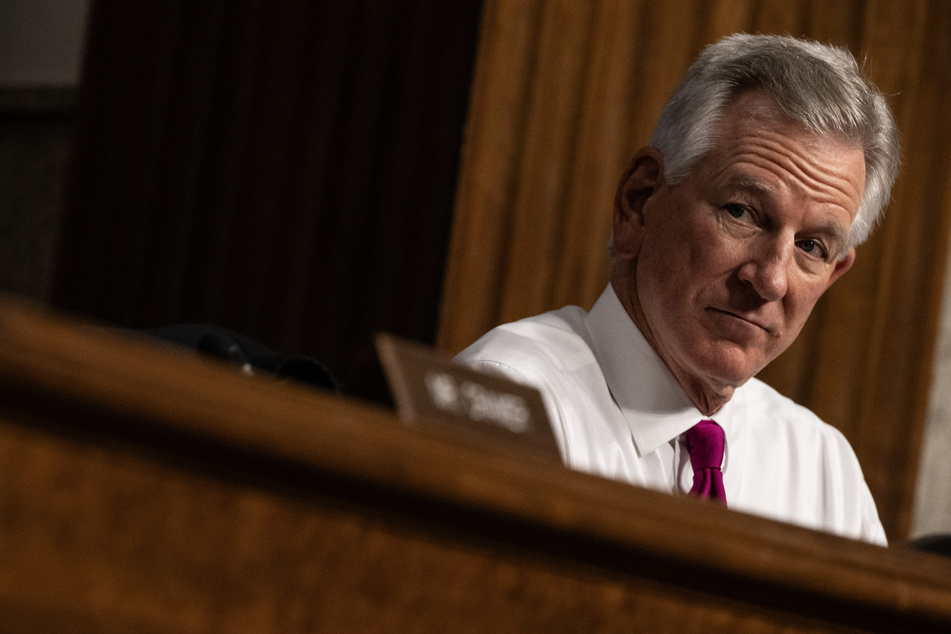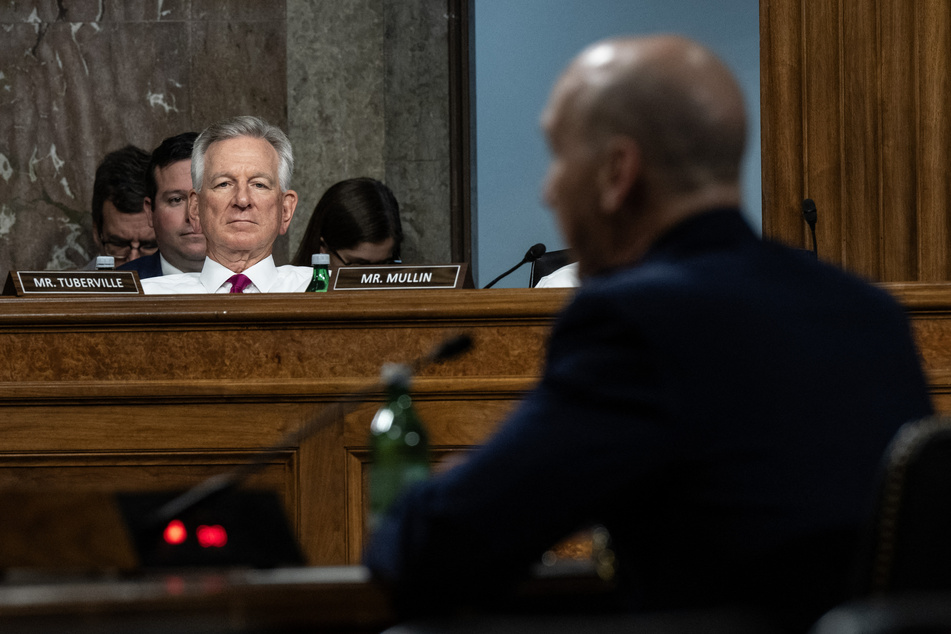Sen. Tommy Tuberville ends block on most US military nominees
Washington DC - Senator Tommy Tuberville, who blocked the approval of hundreds of military appointments to protest Pentagon abortion access policies, announced Tuesday he was backing down and lifting his hold on most nominations.

The announcement by Tuberville brings the long-running saga – which lasted for some 10 months and left numerous key military positions unfilled – closer to a resolution, but some top officers are still affected.
"I'm releasing everybody," the Republican lawmaker from Alabama told reporters, adding: "I still got a hold on, I think, 11 four-star generals. Everybody else is completely released from me."
President Joe Biden commended the Senate for quickly taking action to approve the nomination of "425 highly-qualified, patriotic military leaders" following the senator's announcement while describing Tuberville's hold as politically motivated and saying it undermined military readiness and morale.
"These confirmations are long overdue, and should never have been held up in the first place," Biden said in a statement, adding that "those who serve this nation deserve better."
Pentagon spokesperson Brigadier General Pat Ryder told journalists "we're encouraged by the news," but will "continue to stay engaged with Senator Tuberville and the Senate directly to urge that all the holds on all our general and flag officer nominations be lifted."
Ryder said the four-star nominees who are still affected include officers selected to lead the US Northern Command, Cyber Command, and Space Command.
These are "clearly vital and critical organizations, all of which require experienced senior leaders in those positions," he said.
How Tuberville affected the Senate's military nominations process

The Senate usually approves military nominations quickly through unanimous consent, but Tuberville blocked that option for months in opposition to Pentagon efforts to assist troops who must travel in order to receive reproductive health care that is unavailable where they are stationed.
The Defense Department launched the policies this year in response to the 2022 Supreme Court decision striking down the nationwide right to abortion.
They allow service members to take administrative absences to receive "non-covered reproductive health care," and established travel allowances to help them cover costs.
Because of Tuberville's actions, the Senate could only approve military nominations individually – a procedure used in the cases of some key officers such as the chairman of the Joint Chiefs of Staff during the senator's hold – but which takes far longer.
US defense officials had repeatedly warned that the delay in approving the nominations posed risks to American security and military readiness and that it also impacted family members who could not plan for things such as jobs and schools due to the uncertainty.
Cover photo: Andrew CABALLERO-REYNOLDS / AFP

